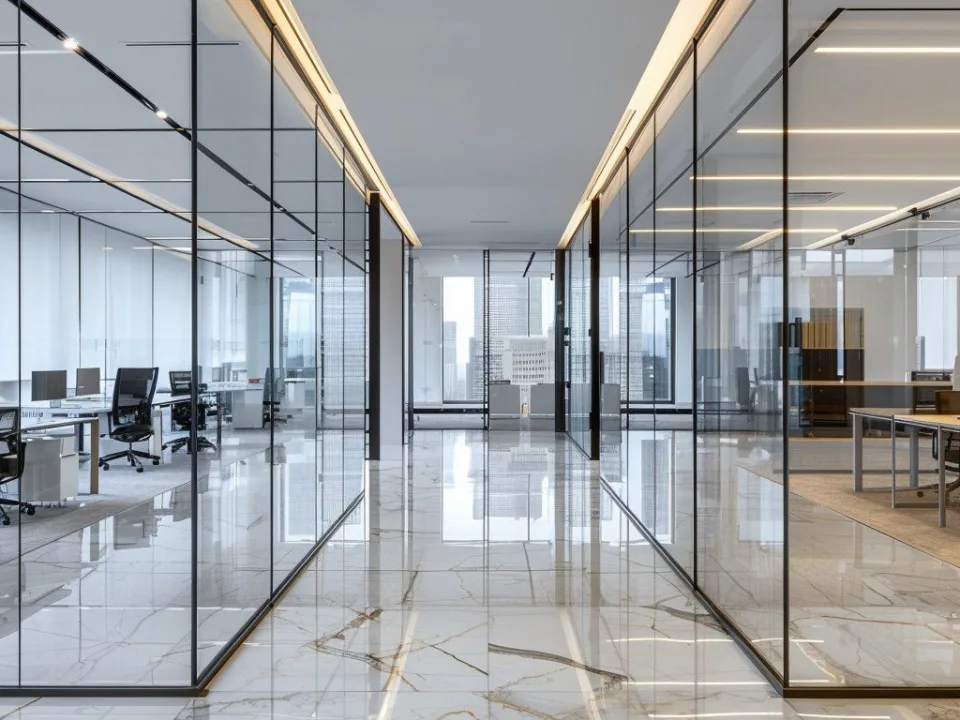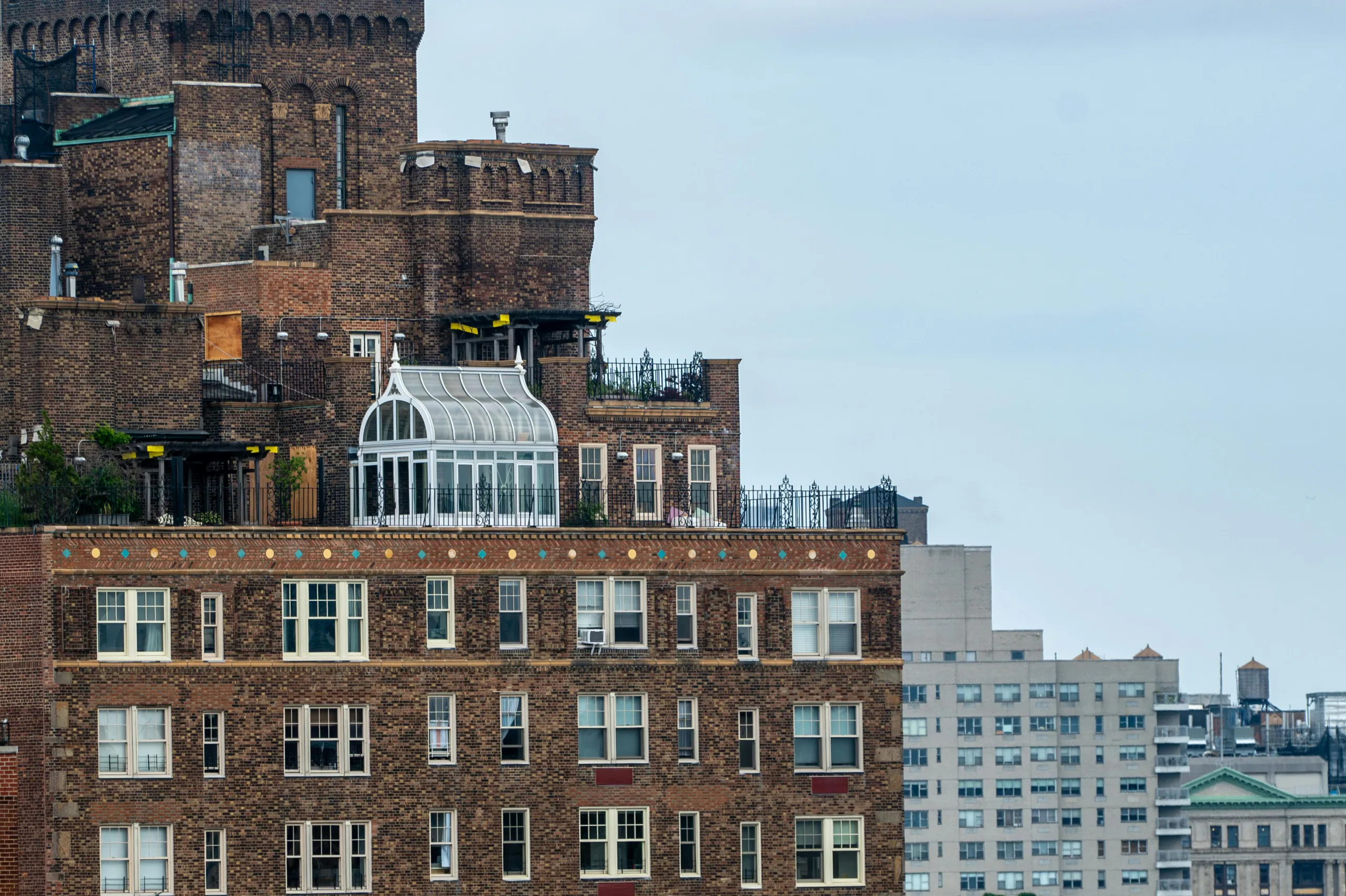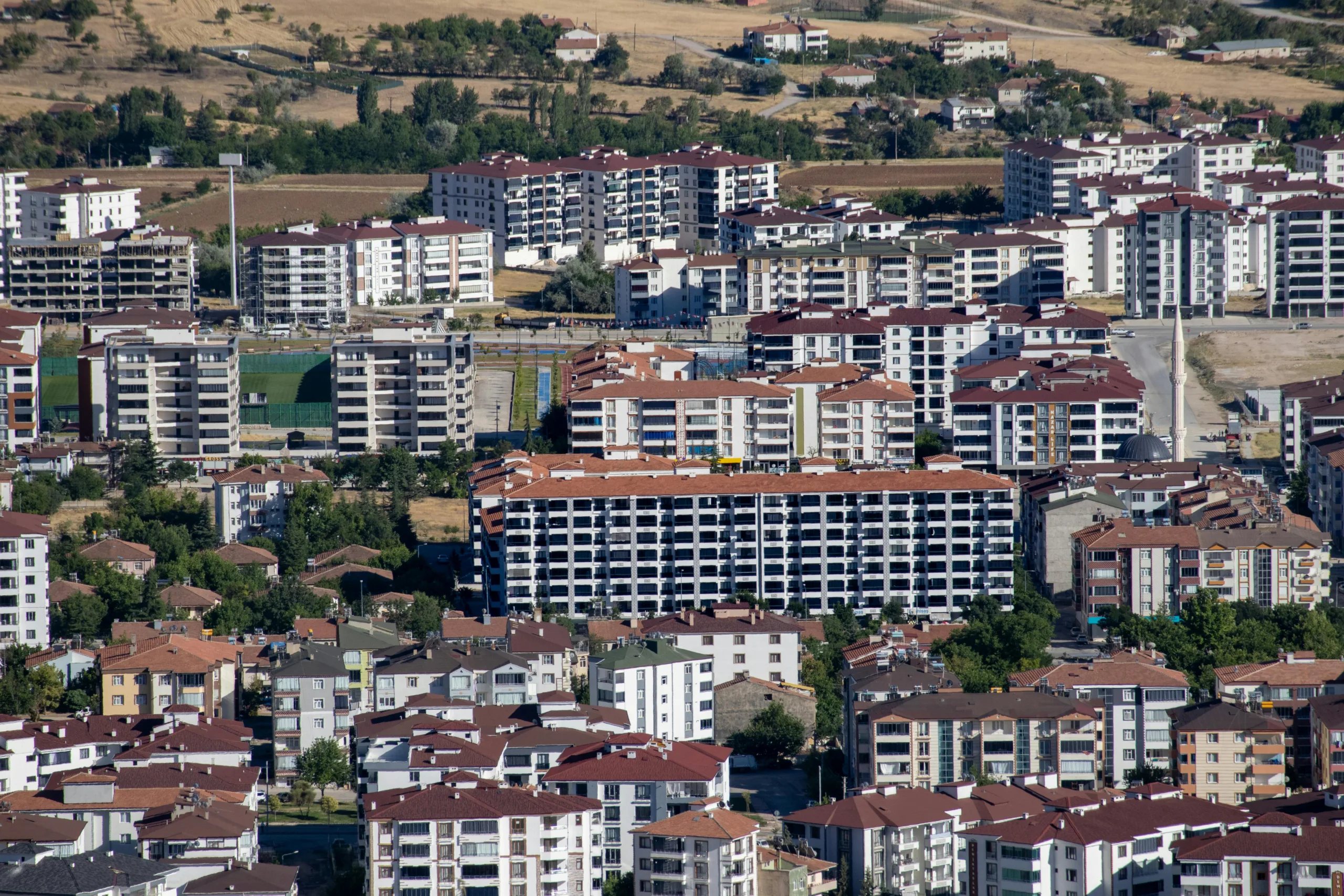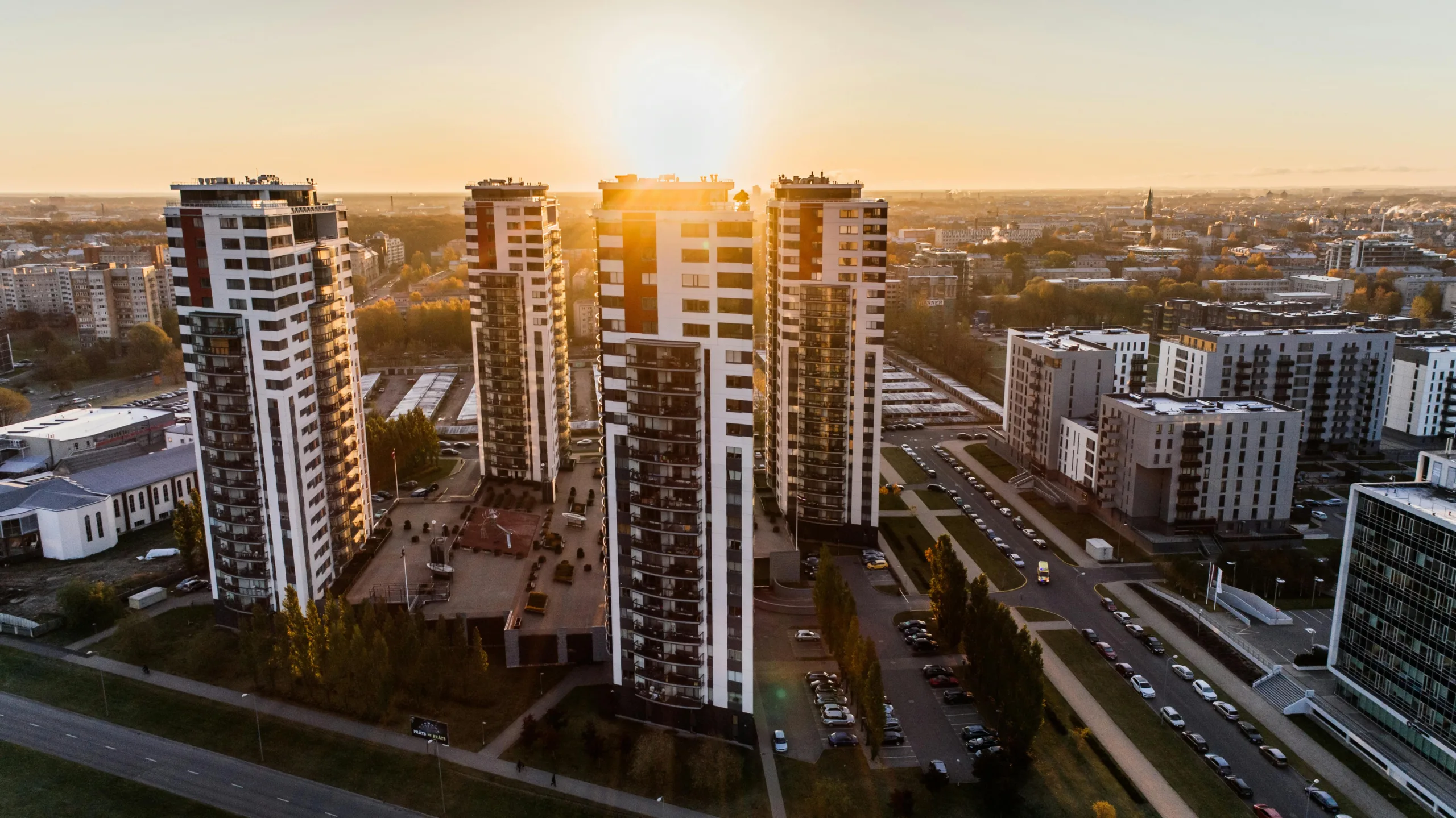Build-to-Rent Pipeline Cools, But the South Keeps Building
Despite a slight national dip, BTR construction is booming in the South, with Phoenix and Dallas leading the charge.
Good morning. Build-to-rent construction is showing early signs of a cooldown, but some regions—especially the South—are still going full throttle. The latest data reveals where the pipeline is slowing and where it’s still booming.
Today’s issue is brought to you by RealAI—bring institutional rigor to every property, market, or portfolio.
🎙️ This Week on No Cap: Westmount’s Cliff Booth joins Jack and Alex to share how four decades in industrial real estate taught him to stay ahead of trends and why, even today, relationships matter most.
Market Snapshot
|
|
||||
|
|
*Data as of 10/09/2025 market close.
BTR Trends
Build-to-Rent Pipeline Cools, But the South Keeps Building
While overall BTR construction is slowing nationwide, the South is defying the trend with an active and growing pipeline.
Nationwide pullback: As of September, there were about 63,800 BTR units under construction nationwide, marking a modest 0.7% decline from June levels. The national slowdown mirrors broader housing trends: single-family permits are at their lowest since 2023, and multifamily starts are also slipping.
Regional breakdown: Despite the national cooling, three out of four U.S. regions saw increases in BTR construction:
-
South: With nearly 37,700 units underway, the region dominates the BTR space, accounting for more units than the other three regions combined. That’s a 2.3% uptick from June.
-
West: The only region to post a decline, with 17,400 units, down over 10% in just a few months.
-
Midwest & Northeast: Still smaller players, but both saw gains—Midwest up 10% (6,400 units) and Northeast up 6% (2,200 units).
Market leaders: Phoenix continues to dominate the build-to-rent landscape, with more than 10,000 units underway—cementing its role as the sector’s epicenter. A handful of Sun Belt metros aren’t far behind, contributing to a combined total of nearly 28,000 units expected to deliver by late 2027.

What’s next: Even with construction slowing, the pipeline remains active, with 11,870+ planned units still in the queue. However, recent economic uncertainty and the government shutdown may introduce new headwinds for future development.
➥ THE TAKEAWAY
Finding its rhythm: BTR isn’t going away, but it’s no longer in overdrive. The South continues to buck the national slowdown, while the West taps the brakes. Expect builders to stay cautious—but opportunistic—as they navigate an evolving market.
TOGETHER WITH REALAI
Real Estate AI – Automated Analysis
RealAI delivers instant analysis grounded in sales comps, rent comps, operating metrics, and market data—so you can underwrite deals in minutes, not days. Adjust assumptions, upload financials, and evaluate stabilized or value-add opportunities with clarity.
Built by the team behind Fundrise, RealAI brings institutional rigor to every property, market, or portfolio—helping you move faster, see risks sooner, and close with confidence.
*This is a paid advertisement. Please see the full disclosure at the bottom of the newsletter.
✍️ Editor’s Picks
-
Warning: ChatGPT couldn’t find any information about you. You won’t get discovered if you’re not discoverable. Being unseen means being irrelevant. Avery's Rolodex gets you listed where opportunity looks first. (sponsored)
-
Banking break: The White House may ease small bank leverage rules, potentially freeing up capital for commercial real estate lending.
-
Sweet spots: Austin and Salt Lake City lead global rankings for affordable rent, far outpacing pricey cities like New York and Hong Kong.
-
Left turn: Frontrunner Zohran Mamdani’s progressive agenda has NYC’s real estate industry bracing for major disruption.
-
Appraising the future: Tech disruption, aging professionals, and institutional dysfunction are pushing the appraisal industry toward a full-blown identity crisis.
-
City refresh: Miami has approved Midtown Park, a $2B project bringing 1.2M SF of mixed-use space to a long-vacant site.
-
Smarter lending: LoanBase helps CRE pros find and close deals faster with automated tools and early access to refinance opportunities.
🏘️ MULTIFAMILY
-
Fragile flow: Capital is flowing back into multifamily, but rising delinquencies and oversupply are casting a long shadow over the sector’s recovery.
-
Pricing crackdown: New York has outlawed the use of AI rent-setting tools by landlords, aiming to curb price-fixing and protect renters from tech-driven hikes.
-
Housing risk: HUD has laid off its entire building inspection staff, raising alarms over safety oversight for millions of subsidized housing units.
-
Rent relief: Surging apartment construction and record landlord concessions are easing rent growth and boosting affordability for U.S. renters.
-
Growth pause: DFW’s multifamily construction has slowed, but strong population growth and rebounding capital suggest a fresh development wave is already on the horizon.
-
Shifting priorities: A new survey shows renters' preferences have shifted post-pandemic, but developers are still building for yesterday’s demand, not tomorrow’s renter.
-
Policy push: California passed new laws to speed up student housing development as thousands of college students face severe housing shortages.
🏭 Industrial
-
Self-supply: With the U.S. power grid strained and AI demand soaring, data centers are bypassing utilities and building their own power plants.
-
Rising rents: Miami’s industrial market is surging, with rising demand, falling vacancy, and rents climbing for the fifth straight quarter.
-
Refi of the day: Sagard Real Estate has secured a $99.3M refinance for its nine-building 25 North industrial campus near Denver.
-
Ohio investment: Whirlpool will invest $300M in two Ohio plants, creating up to 600 jobs and reinforcing its U.S.-based manufacturing strategy.
🏬 RETAIL
-
Branch strategy: BMO is selling 138 branches to First Citizens Bank and opening 150 new ones to focus on high-growth markets.
-
Dallas deal: NorthPark Center in Dallas secured a $1.2B loan to refinance the nearly 2M-SF mall, which is 98.6% leased and generates $1.4B in annual sales.
-
Out of the box: Jack in the Box is selling Del Taco to franchisee Yadav Enterprises for $115M to pay down debt and refocus on its core brand.
-
Gone thrifting: Thrift stores led suburban Philly retail leasing as demand grows for affordable, sustainable, and unique shopping options.
-
Luxury listing: Developer Fred Latsko is selling his fully leased luxury retail property at 900 N. Rush St. in Chicago’s Gold Coast after securing tenants Rails, Ganni, and Mejuri.
-
Center sold: Nuveen purchased Algonquin Commons, a 580,000 SF shopping center in suburban Chicagoland, for $100M.
🏢 OFFICE
-
Wealth magnet: A high-end private club and restaurant called Seia is opening on the top floors of Miami's 830 Brickell, offering $25K memberships to tenants like Citadel and Microsoft.
-
AI expansion: CoreWeave expanded its D.C. office by 79%, reflecting its rapid growth amid a struggling local office market.
-
Tenant gap: Downtown LA office buildings are selling at steep discounts—up to 70%—but tenants aren't seeing equivalent rent cuts.
-
Corridor comeback: East Bay’s I-680 Corridor leads in office demand, while Oakland’s industrial market sees leasing gains but rising vacancies.
🏨 HOSPITALITY
-
Times gamble: SL Green's Times Square casino bid may still be viable as the REIT posts strong earnings and expands its Manhattan office holdings.
-
Project dropped: Sunburst Hospitality has abandoned its long-delayed plan to convert an Arlington hotel into condos and is now putting the property up for sale.
📈 CHART OF THE DAY

In Q3 2025, the majority of CRE loan modifications were maturity extensions—making up 67% of modified loan balances—with over half of total volume concentrated in loans over $100M.

You currently have 0 referrals, only 1 away from receiving Multifamily Stress Test Model.
What did you think of today's newsletter? |






















